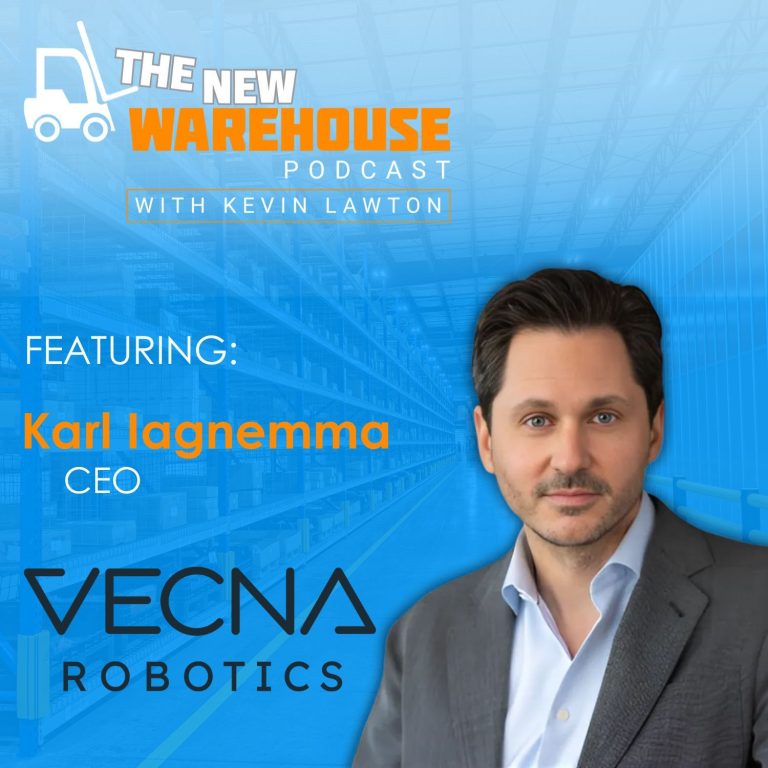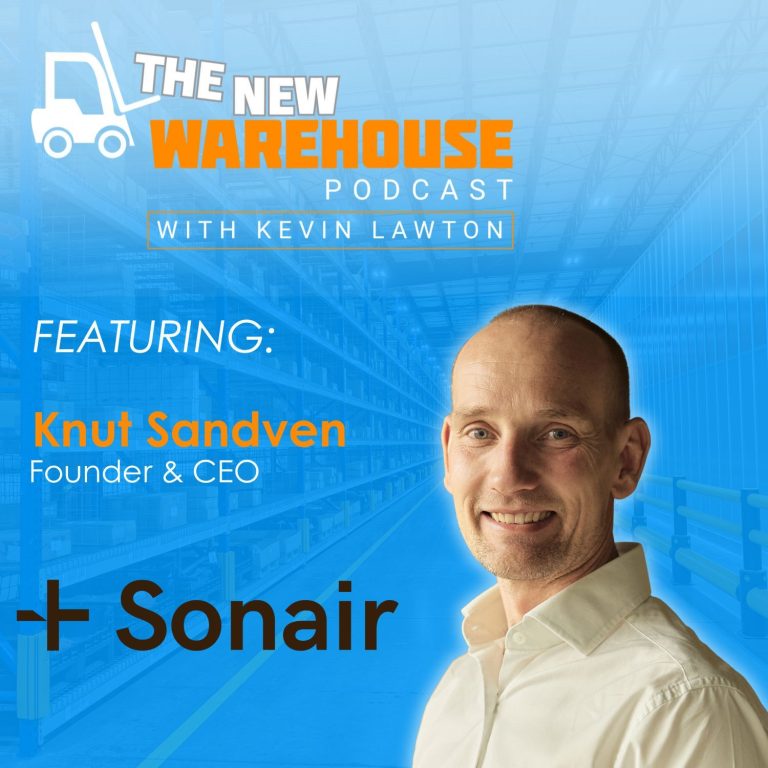In this episode of The New Warehouse Podcast, we dive into tech-driven logistics with Jonathan Salama, co-founder and CEO of Transfix. Jonathan shares the journey of Transfix, including their recent shift to focus solely on technology. We explore technology’s key role in optimizing freight operations as Transfix evolves from a brokerage to a tech-driven solutions provider. The conversation covers the importance of automation, predictive data models, and how Transfix aims to reshape the future of logistics.
From Brokerage to Tech-First: The Evolution of Transfix
Transfix started as a brokerage to automate various freight processes. Early on, the company created tools to simplify tasks like shipment tracking and delivery scheduling. Jonathan explains, “We wanted to automate every step… anything that could be automated, we did.” This focus on automation contributed to the company’s growth and eventually led Transfix to sell its brokerage to NFI, redirecting efforts solely to technology.
Today, Transfix’s tech platform, refined over the years, serves as its core product. With data-driven tools, the company aims to enhance workflows for both shippers and carriers. “The real value was the tech… that’s where we’re focusing all our efforts now,” Jonathan notes.
Tech Advancements Driving Industry-Wide Transformation
The logistics industry has seen a surge in tech adoption, but as Jonathan pointed out, it wasn’t always this way. “There was almost no conversation about technology in logistics back then,” he remarked, recalling the early days of Transfix. Tools like data science models and automation platforms are standard, but there’s still room for improvement. Transfix’s platform goes beyond basic tracking—it helps companies optimize their freight strategies in real-time.
Jonathan highlighted how they used data to help shippers, stating, “We can predict when your truck will hit detention… so you can adjust and avoid unnecessary costs.” With this level of predictive capability, Transfix empowers companies to make better decisions, streamline operations, and reduce inefficiencies across the supply chain.
What the Future Holds for Logistics Tech
As logistics evolves, Jonathan sees even more room for technological innovation. From automated trucks to AI-driven models, the future is full of possibilities. “The next decade is going to be completely different… we’re just scratching the surface of what tech can do,” he said. Transfix’s forward-thinking approach positions them at the forefront of these innovations.
Their current focus includes refining their machine learning algorithms to provide even more accurate freight rate predictions and expanding their suite of automation tools. Once fragmented and lagging in tech adoption, the industry is embracing digital transformation’s power—a trend Jonathan is confident will continue to accelerate.
Key Takeaways
- Transfix shifted from a brokerage to focus solely on technology, selling its brokerage business to NFI.
- Their platform automates key freight processes, offering tools for predictive cost models and automated scheduling.
- Tech adoption in logistics is growing, but Transfix is pushing the boundaries of what’s possible with data and automation.
- Jonathan Salama envisions a future where technology plays an even more significant role in the logistics industry, with automated trucks and AI models leading the way.











